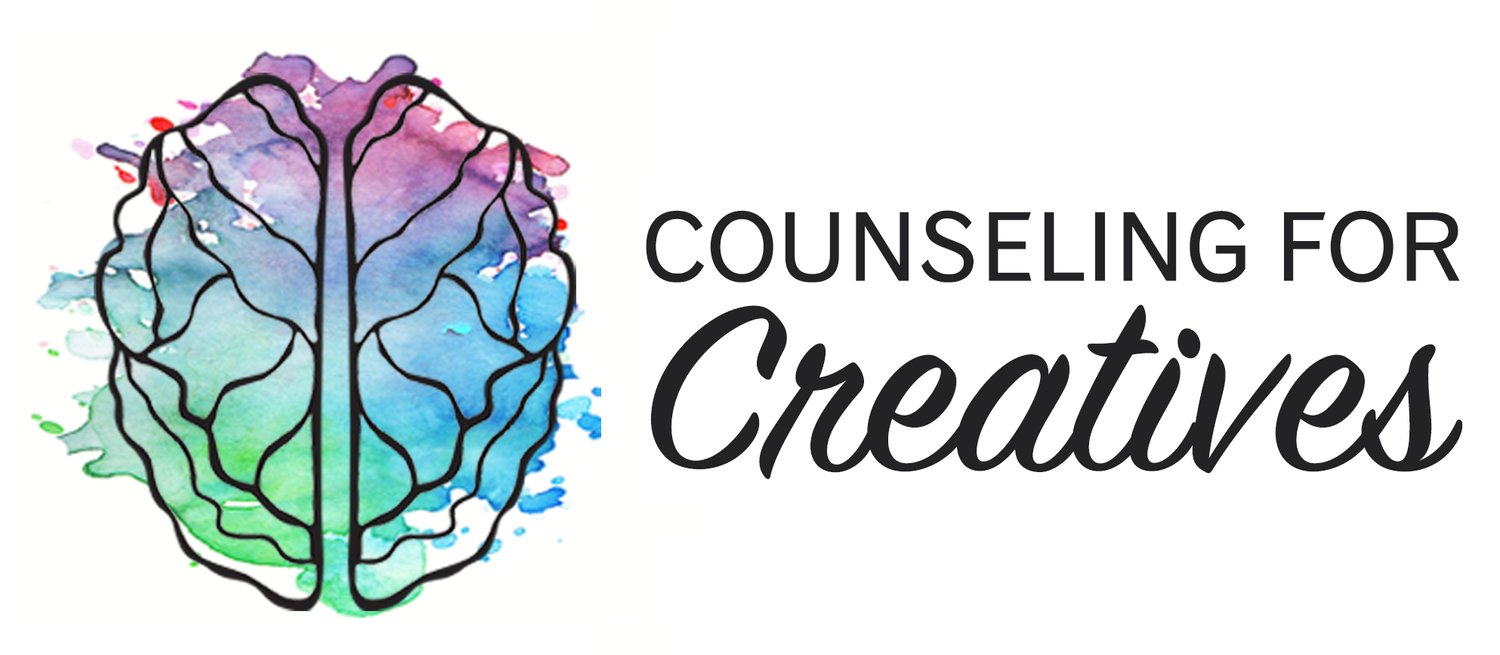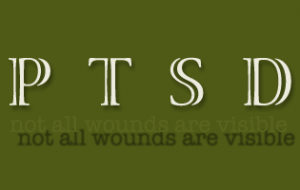In honor of Veteran's Day - All about PTSD (it's not just for veterans)
I know you've heard a fair amount about PTSD or posttraumatic stress disorder lately: there's an alarming number of men and women returning from war with symptoms that often go unnoticed until something disturbing happens and the disorder is often blamed as one of the key reasons many veterans end up homeless and/or addicted to drugs or alcohol. But what exactly is PTSD and how does one get it?
Let's start with the "trauma" portion of the disorder. PTSD is defined by the Mayo clinic as: "A mental health condition that's triggered by a terrifying event." What's significant here is the phrase "terrifying event". The experience of combat is no doubt terrifying, but others things can be terrifying, too. Physical abuse, sexual abuse, abandonment, car accidents, workplace accidents, even verbal abuse - these can all be traumatic events. What's even more notable is that these events do not have to happen to you directly in order to cause symptoms of PTSD. The Diagnostic and Statistical Manual of Mental Disorder (DSM 5) notes that if you witness a traumatic event, learn about terrible trauma that happened to someone close to you, or if you are exposed to the details of trauma over and over again as part of your job, you can develop PTSD. In short, anyone can get PTSD.
I know you've heard a fair amount about PTSD or posttraumatic stress disorder lately: there's an alarming number of men and women returning from war with symptoms that often go unnoticed until something disturbing happens and the disorder is often blamed as one of the key reasons many veterans end up homeless and/or addicted to drugs or alcohol. But what exactly is PTSD and how does one get it?
Let's start with the "trauma" portion of the disorder. PTSD is defined by the Mayo clinic as: "A mental health condition that's triggered by a terrifying event." What's significant here is the phrase "terrifying event". The experience of combat is no doubt terrifying, but others things can be terrifying, too. Physical abuse, sexual abuse, abandonment, car accidents, workplace accidents, even verbal abuse - these can all be traumatic events. What's even more notable is that these events do not have to happen to you directly in order to cause symptoms of PTSD. The Diagnostic and Statistical Manual of Mental Disorder (DSM 5) notes that if you witness a traumatic event, learn about terrible trauma that happened to someone close to you, or if you are exposed to the details of trauma over and over again as part of your job, you can develop PTSD. In short, anyone can get PTSD.
The symptoms are where the "stress" part comes in. Symptoms heard of most often include flashbacks, nightmares, or recurring, intrusive memories of the traumatic event. You know all those old jokes about guys having "flashbacks of 'nam"? Yeah, that's PTSD and really, it's not so funny. Other, less commonly known signs are:
- Avoidance of the location where the traumatic event occurred or of situations that remind the person of the event
- Avoidance of the memories (often achieved by some form of intoxication)
- Anger and/or irritability "out of nowhere"
- Hypervigilance - always on alert, over-observant
- Easily startled or jumpy at things related to or unrelated to the traumatic event
- Physical reactions to reminders of trauma, such as elevated heart rate, sweating, or gastrointestinal problems
- Sleeplessness
- Problems concentrating
- Recklessness
- Withdrawing from social situations
- Feeling detached from others
- Persistent negative emotions or negative view of the world or self ("I am a terrible person; the world is a terrible place)
- Blaming oneself for the traumatic event
This is A LOT, I know; much of this can also be identified with anxiety and depression (often diagnosed alongside PTSD). However, if you find yourself or someone you love demonstrating any of these symptoms or simply not functioning how you/they used to, it's time to reach out for help.
Veterans and civilians can find more information about PTSD, including how to get help on the National Center for PTSD's website. We hear a lot about how little is done for veterans, but the VA is paying attention to PTSD - they're even starting to hire marriage and family therapists! You can also check out my previous blog about finding a good therapist. I've included links to several sites on that post - try to find someone that specializes in PTSD or trauma.
The number one best thing to do it about it is to tell someone. You can't drink it away; you can't make it go away on your own; you need support and someone who knows how to treat this. Just like soldiers need their brothers and sisters to successfully navigate the battlefield, we need others to successfully navigate life.


